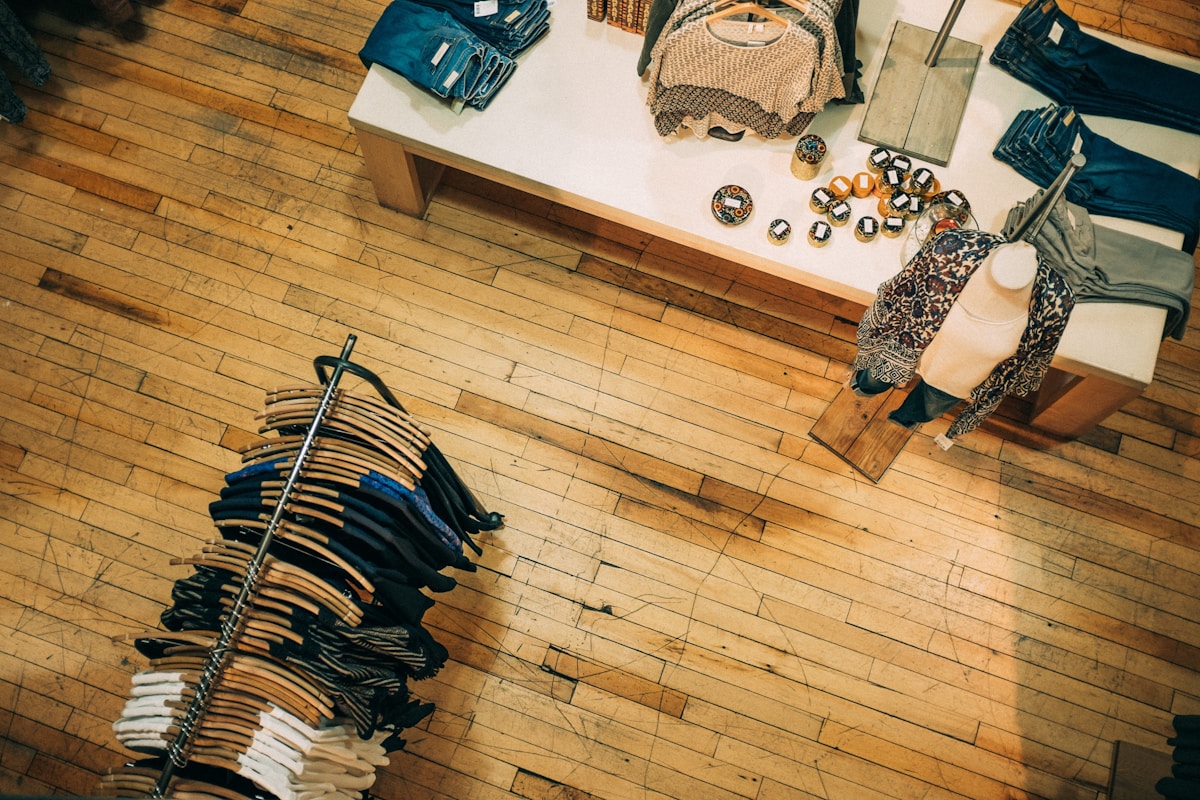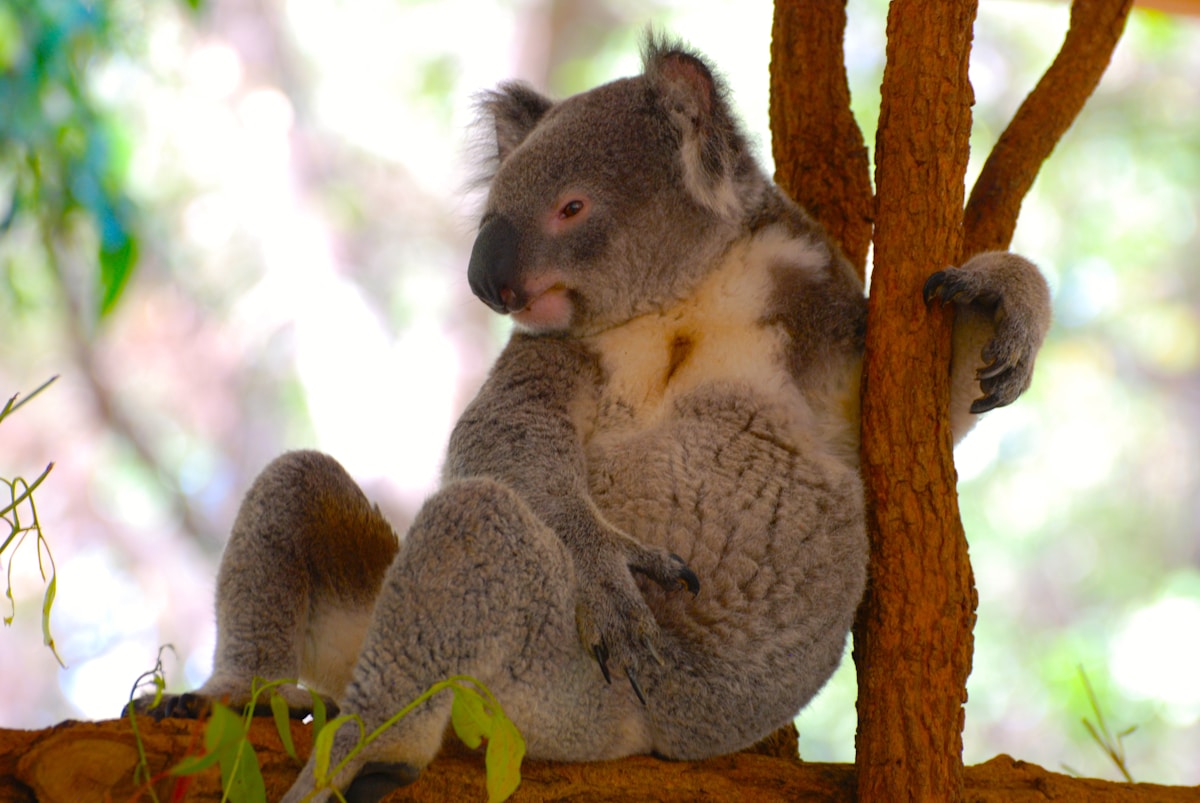We are privileged to welcome Paolo Bray for this exclusive interview.
Paolo Bray is the Founder and Director at Friend of the Sea & Friend of the Earth | Director International Programs Dolphin-Safe project | Leader in Sustainability Certification Programs.

YZ: Paolo, why do you find it necessary and useful to certify collections?
PB: Fashion has a fundamental role in human life, both from an economic and social point ofview. One can even say it has profound symbolism. The clothes we wear send a message about our aspirations, concerns, and values.
The fashion industry has become one of the most important globally. Unfortunately, it’s also one of the most polluting. Consider fast fashion: with low-cost garments and ever-changing trends. This has led to an uncontrolled increase in production and waste, which often ends up dispersed in the environment. In addition, only 1% of clothing comes from recycled textile material. Therefore, at the end of the life cycle of clothing, the presence of non-biodegradable materials can cause a more significant impact on the environment.
There is also a problem of lack of social sustainability and forms of modern slavery.
All of this led the World Sustainability Organization to launch Friend of the Earth’s Sustainable Fashion Certification program.
The goal is to stimulate and encourage change towards a fashion industry that is more respectful of the environment and workers.

YZ: How do you make sure that only sustainable items from ethical designers are included in Friend of the Earth certified collection?
PB: Friend of the Earth is backed by many years of experience in the certification ofsustainable products.
Capitalizing on this expertise, we developed the requirements for sustainable fashion products and the necessary set of controls to make sure that only ethical and sustainable brands receive the certification.
One of Friend of the Earth's priorities is to stimulate the recycling of raw materials, encouraging a more circular fashion industry. Raw materials from vegetable or animal origin must come at least 50% from recycling, comply with the Friend of the Earth standard for sustainable agriculture and breeding, and respect animal welfare.
The synthetic fibers must come from 100% recycled sources and be obtained without the aid of chemicals that are dangerous for the environment.
Other certification requirements aim to reduce the impact of the various processing stages, both in terms of emissions and water and energy consumption.
Last but not least, the company must comply with the legislation on the fair treatment of workers.

YZ: When we look at labels, norms, and certifications, there are so many out there, which ones should we trust or distrust and why?
PB: Sustainability claims are not regulated by law nor verified in most countries. This has led to a plethora of self-certifications.
Any company can currently make sustainability claims about its own products without expecting controls of any sort.
Several certifications out there are also not really third-partycertifications delivered on the basis of a continuous auditing process.
Unfortunately, it’s easy for consumers to be misled by greenwashing or deceptive advertising.
I’d recommend people to look for certification schemes that have a proven background and credibility. For example, through the Friend of the Earthcertification, we provide consumers with a tool to identify verifiedsustainable products and producers committed to change.
Friend of the Earth has a potential for greater visibility with consumers. In addition, the certification also contributes to WSO’s conservation programs for the protection of endangered species and habitats.

YZ: As a designer, if I want to have my collection certified, who should I contact?
PB: Fashion brands are becoming increasingly aware of the urgency to embrace sustainabilityand their responsibility considering their global impact. Therefore, we encourage designers worldwide to come forward and submit their applications to the Friend of the Earth’s Sustainable Fashion Program.
Anyone can do it via our website
and we will immediately get in contact.
Numerous positive initiatives are coming from the fashion sector. However, there’s still much to be done, and we’re facing a turning point.
The certification standard was recently launched, and we already have eight fashionbrands certified or in the audit phase around the world. I consider this animportant breakthrough for a newly created label. Interest is growing, especially after this dramatic phase of the pandemic, as more and morecompanies and consumers are aware of the need to produce and consume more sustainably. Being our headquarters in Milan, while operating internationally, we hope to awaken the interest of the big fashion brands, which can, in turn, influence many of their suppliers.

YZ: As a consumer, if I want to be reassured that I only buy sustainable fashion, what should I do?
PB: We must reconsider, as consumers and producers, our habits and choices. The clothes we wear tell a lot about who we are and how we live. We must undoubtedly curb the impulse to make an uncontrolled purchase, but to do this, we also need an ethical commitment from producers and brands in particular.
Low-cost products are undoubtedly helpful to make endsmeet for many families. Still, the lower cost must not be obtained at the expense of respecting the environment and workers. The brands themselves must promote and encourage the recycling of clothes at the end of their use.
We should all try to consume responsibly, prefer sustainably certified products, and reject products that hurt the environment or can be responsible for the killing of endangered species.
To find out more about Dr. Paolo Bray, here is his online bio.
Credits: Thank you Dr Paolo Bray for taking the time to provide us with your expert views on these important topics and thank you Tatiana Bensa (International Media Advisor & Coordinator) and Juliana Gadelha (International Outreach Advisor, Iberian Peninsula & LATAM), for enabling this interview.